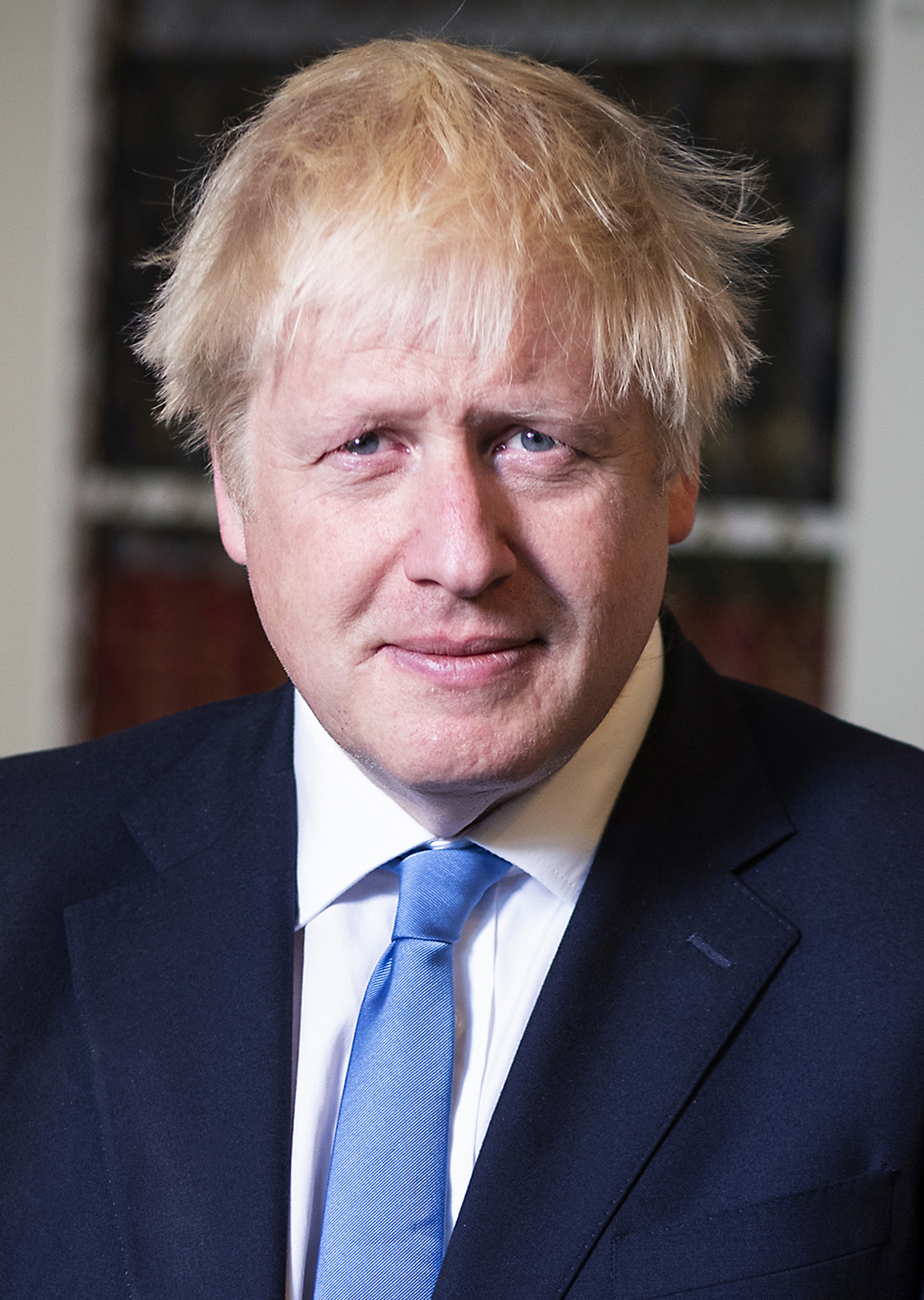“Those who control the present, control the past and those who control the past control the future.”
― George Orwell, 1984
I plan to end my Facebook posts with news stories from 2020 in February. I've already posted about people dropping dead in the streets of Wuhan, the science of lockdowns, and Boris Johnson's quick recovery from the virus after having been deadly ill. The only two remaining stories are operation warp speed, without which the vaccine would still have been in the testing phase, and the rollout of vaccines with 97% effectiveness. The style of my comments will remain dry and to the point. I'll leave it to the readers to interpret our recent history for themselves.
I'm not getting any likes or comments on my posts, but that's all right. The posts are not there to be liked. They are there to highlight things that look odd in retrospect. The idea is to make readers uneasy about our recent history, and have this unease rub off on their perception of how things are today, and how things will unfold into the future.
This is an optimistic variant on Orwell's thoughts on the matter. Unlike Orwell, I'm a strong believer in circles of influence and networks. The peeks of power do not control the narrative nearly as much as they think. Interpersonal dialogs and comments are much more powerful. Hence, I have faith in my strategy, not least because I see others doing similar stunts. It's easy to dig up a news story from two years ago and make journalists look like buffoons. Especially now that they have been lying to us for two years straight.
People are so obsessed by the here and now these days that news from more than a year ago is mostly forgotten, so it's easy for the buffoons to push their ridiculous stories. As long as they limited contextual anecdotes to a few weeks, things can be molded and adapted to fit whatever narrative they want. However, once we look beyond immediate context, things look weird, and this is something we can take advantage of.
A friendly reminder about our recent past doesn't require more than a second or two, so recipients can be fully immerged in their Tick-Tock environments and still be reminded of the past, because long term memory is still intact. It's just not used very much.
There's also the value of retrospect to us as posters. It's hard to see which pieces of news are worth talking about in the here and now, and people are generally passionate about everything, so we end up with a lot of hot air and much squabbling if we decide to comment exclusively on the present. However, few have strong feelings about things that happened more than a year ago, no matter how important certain things have turned out to be with respect to how things are today. We can therefore post about the most important bits of new from the past without causing heated debate, yet at the same time make people realize that some things are not as they should be.
Things that happened in 2021 are too close to the present to post about without a stir, so I will refrain from mentioning them before next year. That's when I can mention the Delta and the Omicron variants, the boosters, tennis players and detention camps in Australia, and other such matters.
What's happening now in Canada is something I will refrain from posting about until 2024. I may write a comment or two on other people's posts, but I'll keep it to that because there's no way to judge how historic the truckers' caravan will be, and there are way too many emotions rolled up in it. Besides, it's not like no-one has heard about it by now. No-one needs me to tell them what they already know. However, they may need a reminder of the event in two years from now so that their present impression of what's happening can be modified to fit a broader narrative.
History is not merely what's written in history books. It's also what's remembered by people, so my reminders are nuggets of revisionist history. For instance, many believe that Boris Johnson was deadly ill from the virus two years ago. However, this doesn't fit the current perception of the virus as a relatively benign thing. Those who have woken up to the fact that the virus is largely harmless are therefore likely to revise their memory of Boris Johnson confronted by a reminder, and they will share this new perception with their peers, children and grand children should the subject become part of our formal history.
If enough people start thinking of Boris Johnson as a habitual liar and a fraud, perception of politicians in general will change, and the future takes a different course than it otherwise would have done. However, it's not merely up to the establishment to lay out this story. Our history isn't owned and controlled by them. History is something that we can shape and present in our own ways, and that's especially true about our recent history which is not yet coded into history books.
 |
| Boris Johnson |
By Ben Shread / Cabinet Office, OGL 3, Link
No comments:
Post a Comment